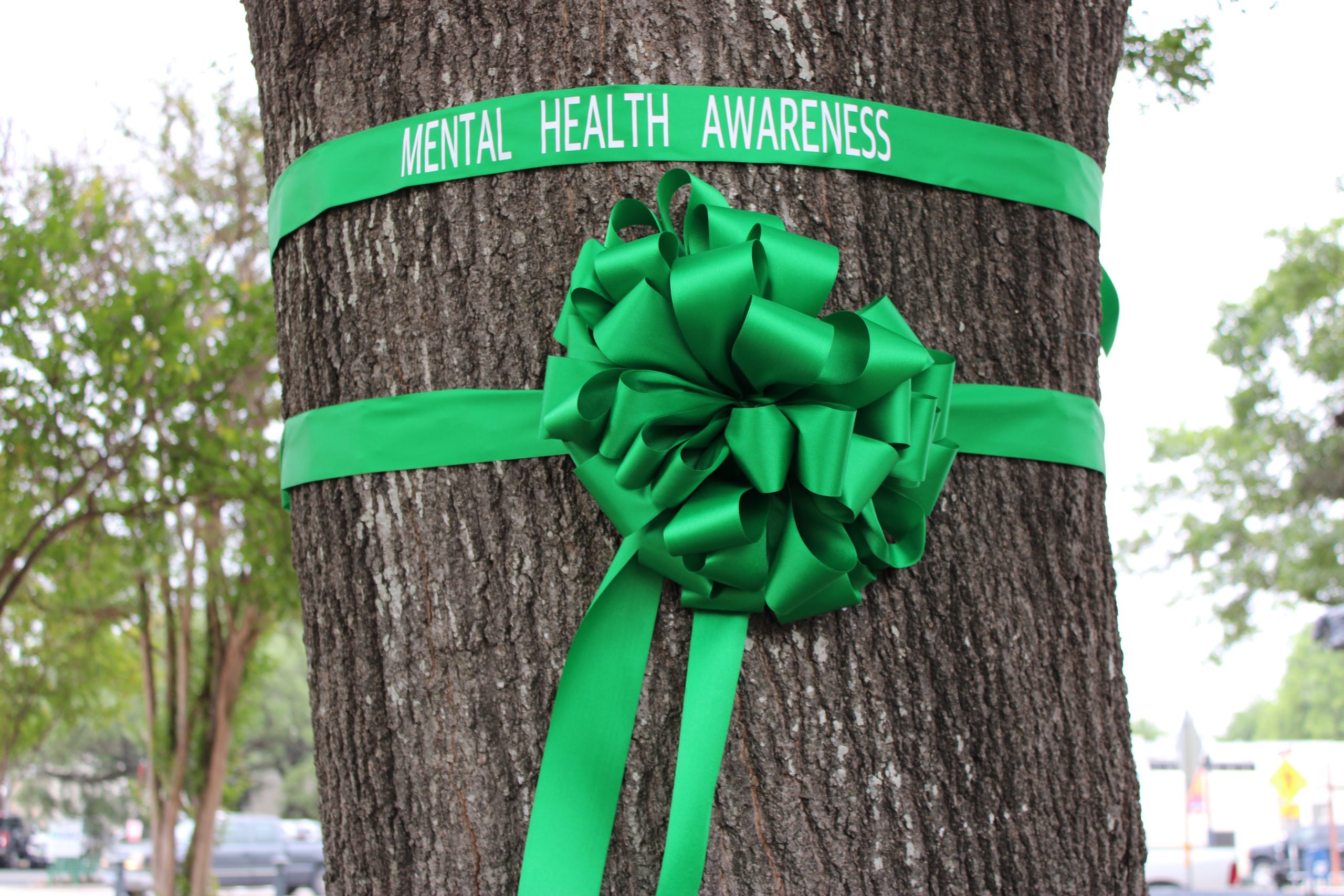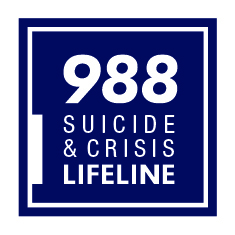-
Mobile outreach team ready to respond, offer support to individuals experiencing mental health crisis

May 24, 2023
No matter the situation, there is always hope, and there is always help.
Members of the Hill Country Mental Health and Developmental Disability Centers’ Mobile Crisis Outreach Team, also known as MCOT, are trained professionals ready to respond to individuals experiencing a mental health crisis and needing immediate support.
MCOT is available 24 hours per day, seven days per week, to provide on-site services within the community to individuals or families. MCOT provides crisis services for children and adults, including assessment, case management, crisis follow-up and support necessary for the individual to remain in the community.
Jennifer Nieto, Hill Country MHDD Center’s mental health clinic director in New Braunfels, said the program is designed to reduce mental healthcare access barriers, decrease suicide completion and increase safety.
“Through the resources available to the MCOT, we are now able to expedite the mental health treatment needed to de-escalate the current crisis while providing the tools needed to prevent these situations in the future,” Nieto said. “Working in this field for the last 16 years, I’ve seen treatment options expand and improve, and it feels good to finally be able to provide these services to our community in a timely, trauma-informed and person-centered manner.”
Trauma-informed staff members are dedicated to assisting individuals experiencing behavioral health crises. The crisis hotline is available 24 hours a day, seven days a week, by calling 1-877-466-0660.
The nationally proven, evidence-based program is designed to assist neighbors in crisis while saving community resources by reducing the burden on law enforcement, hospitals, school districts and other agencies.
But Nieto emphasized that individuals don’t need to wait or shouldn’t wait until a situation reaches an emergency or immediate danger level to seek help. Prevention is a critical part of the MCOT equation.
“What we are seeing now (since the peak of the COVID-19 pandemic) are fewer calls but more lethality and risk in the call,” she said. “I’m afraid people are waiting longer to get the help they need. Instead of reaching out, they are struggling, self-medicating or otherwise hurting while thinking their symptoms are not ‘bad enough’ to ask for help. As people wait, their situation often gets worse and more intense.”
In the last 12 months, MCOT members have screened 970 individuals in crisis, resulting in 548 safety plans and 422 hospitalizations. Individuals were also referred to community partners for services that helped them avoid hospitalization.
A safety plan is a preventative tool designed to help support those who struggle with mental well-being. This ‘mental health first-aid kit’ includes strategies to keep an individual safe.
“While psychiatric hospitalization has its place in the mental health treatment model, we hope to provide lesser restrictive options so a person’s first experience with mental health care is not waking up in a hospital,” she said. “We hope people will reach out sooner, and feel welcome, cared for, and heard in an outpatient setting before their situation becomes a crisis.”
Nieto added that since the apex of the pandemic, family dynamics have become a primary stressor in patients seeking mental health services.
“Multiple families are living together,” she said, “multiple generations living in one home, probably because of financial concerns – and that is creating stressors for individuals and contributing to the mental health crisis.”
Other primary stressors include depression, work or school stress and finances.
From 2017-2022, MCOT provided lifesaving services to about 7,225 Comal County residents, with most calls resulting in safety plans instead of in-patient hospitalizations. About 5,135 people were referred to community partners.
The McKenna Foundation has supported MCOT since its creation, granting more than $1 million to assist this critical mental health program.

If you or someone you know is struggling or in crisis, help is available 24/7. Call or text the National Suicide & Crisis Lifeline at 988 or chat 988lifeline.org. For local help, call the Mobile Crisis Outreach Team of Comal County at 1-877-466-0660 or text 741741.Confidential crisis support is available for veterans and their loved ones by dialing 988, then pressing 1. Veterans can also text 838255. If someone is in immediate danger, call 9-1-1. For more information, visit MAPComal.org.
